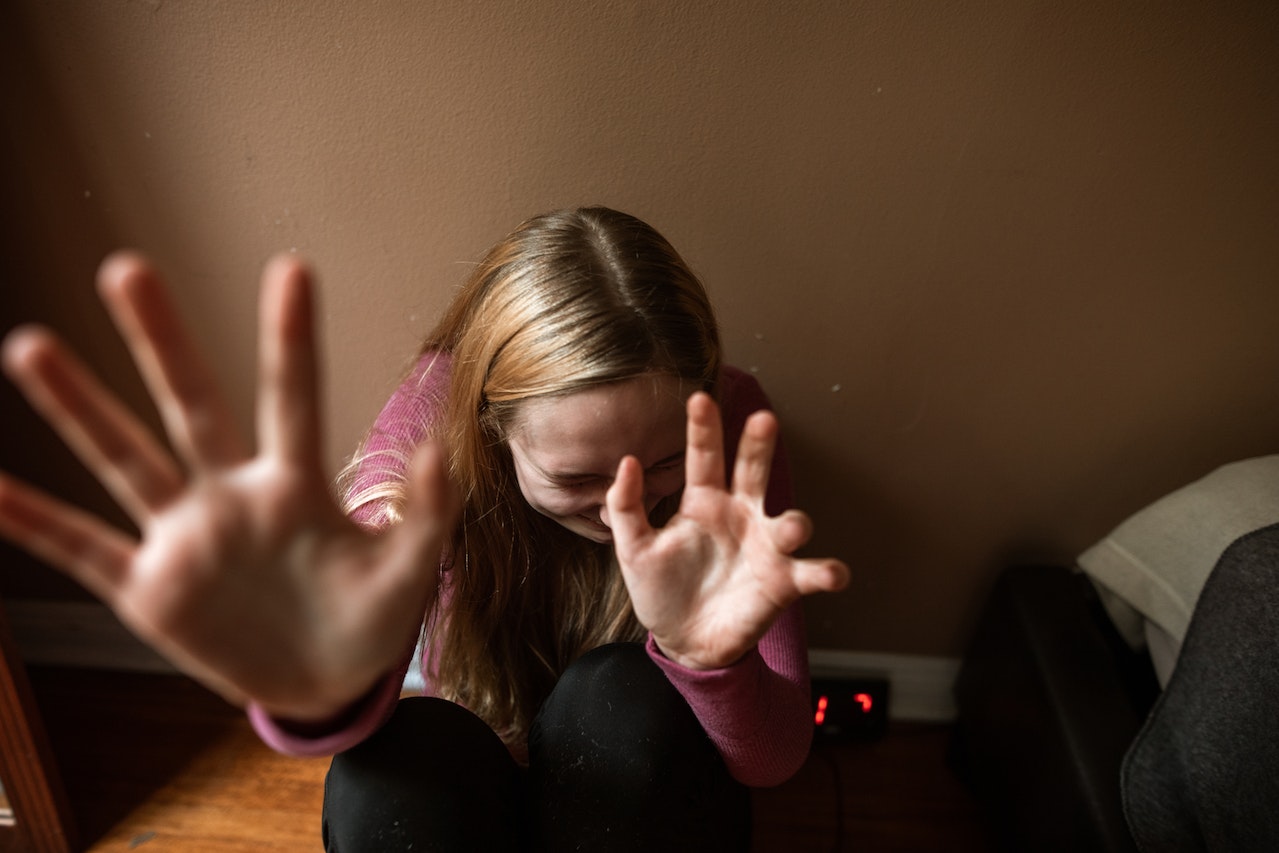Many things can cause childhood trauma, and it can have a lasting impact on an individual’s life. The truth of the matter is that it is a difficult subject to approach. It can be confusing, overwhelming, and heartbreaking.
But in order to heal from childhood trauma, you must first recognize the signs and symptoms of trauma and then take steps toward healing. The following are ten tips that can help you deal with childhood trauma and start your journey towards recovery.
1. Acknowledge Your Feelings
Sometimes we think that we are too strong to feel emotions like fear, sadness, guilt, or shame. But to heal from childhood trauma, you need to acknowledge and accept these feelings. Don’t try to ignore or deny how you feel; instead, recognize and accept those feelings as valid. This will help you process your emotions healthily, moving you closer to healing.
2. Practice Self-Care and Self-Compassion
It is easy to forget about self-care when you are dealing with the pain of childhood trauma. But remember that taking care of yourself is essential for healing. Taking time out of each day to practice self-care is essential when managing traumatic memories or experiences from the past.
Spend time doing activities that bring joy into your life, such as listening to music, reading a book, playing online games, taking advantage of the Slotastic casino bonuses, taking a walk in nature, etc. Anything that allows for self-reflection and inner peace will go a long way in helping manage the effects of traumatic events from the past.
3. Stay Connected with People You Trust
As it goes, no man is an island. Connecting with friends, family members, or even a support group can be very beneficial for healing from childhood trauma. Talking about your experiences can help you process them in a safe and understanding environment.
Plus, it gives you more perspectives on what happened that can help you move forward and heal.
4. Seek Professional Help
Sadly, most of the childhood trauma that most people face was brought on by someone they really trusted- their parents, close family members, or caretakers.
Even if you feel like talking to a stranger is daunting, a therapist can provide you with the guidance and support you need to work through your traumatic experiences safely and healthily. Therapists and counselors can also provide you with additional coping mechanisms tailored to your needs.
5. Allow Yourself to Grieve
Grieving is an important part of processing childhood trauma; it is essential for moving forward in life after experiencing such intense emotional pain from the past.
Allow yourself space to grieve without judgment or expectation, as it may look different than what others think grieving should look like but remember that grief looks different for everyone.
6. Educate Yourself about Trauma and its Effects
Knowledge really is power when trying to overcome childhood traumas; understanding more about why certain events had such an effect on us can lead us one step closer to healing. Researching books or articles about various types of traumas can be incredibly beneficial for both understanding our own experiences better as well as providing validation for our feelings which makes them easier to manage over time.
7. Create Healthy Coping Strategies
Often times when going through childhood trauma, people turn to unhealthy coping mechanisms such as substance use or self-harm. While it may seem like these behaviors are helping, in reality, they are only making the healing process longer and more difficult. Instead, create healthy coping strategies such as engaging in physical activity or joining a club.
These practices will allow you to take control of these feelings rather than letting them take control over you.
Also, finding hobbies or activities that bring joy into your life can be incredibly helpful when dealing with childhood trauma because they provide an escape from painful memories while also allowing time for self-reflection and personal growth at the same time.
8. Take Things One Day at a Time
When dealing with childhood trauma, some days might be harder than others. You might feel like you are not progressing, or something might trigger you all over again. However, remember that healing takes time, so don’t expect yourself to “get over” something overnight. Instead, focus on one day at a time, setting small goals for yourself. This will help keep things manageable while still making progress.
9. Journal Your Thoughts and Feelings
Writing down your thoughts and feelings can be incredibly therapeutic when dealing with childhood trauma. Journaling helps clarify your thoughts and make sense of what happened in the past so that it can have less of an impact on the present day. Be very honest with yourself while writing, and allow your words to flow freely.
Also Read: Why Is Taking a Break Good for Your Health?
Conclusion
Childhood trauma can be overwhelming, but it doesn’t have to hinder us forever. By utilizing these 9 tips, we can begin our journey toward healing by acknowledging our emotions. Remember, you need to be patient with yourself and be kind to yourself.
Your healing journey is unique, so make sure to trust your intuition and take it slow. With patience, courage, and self-love, you will get there in the end.

